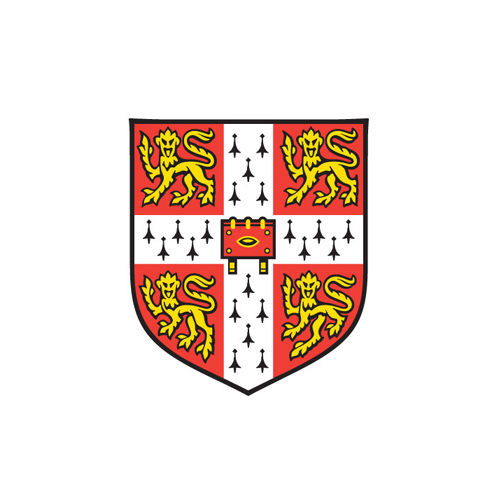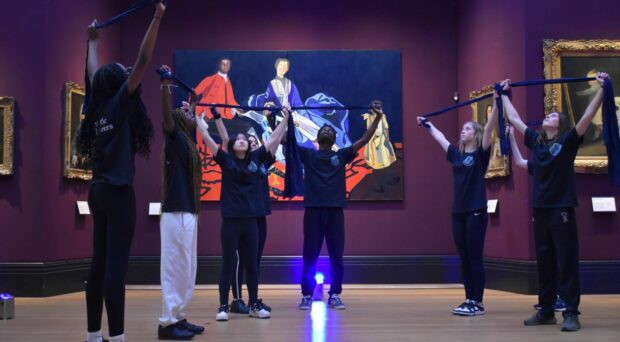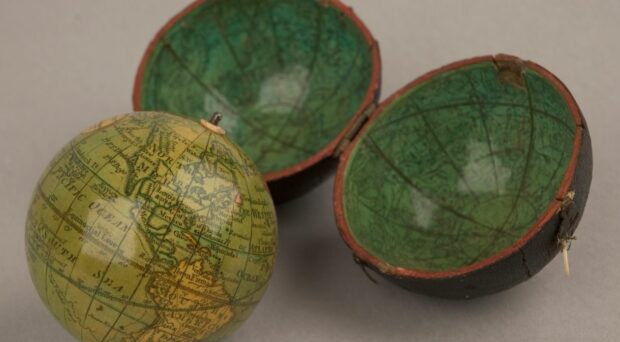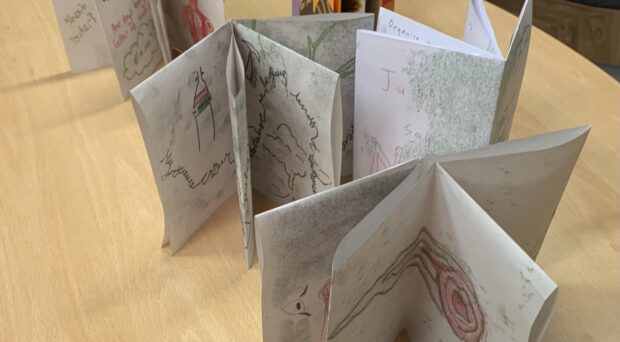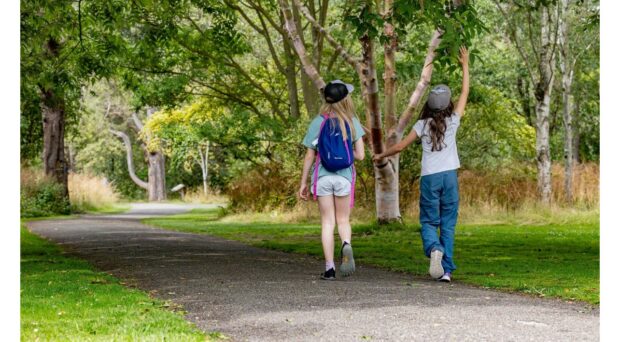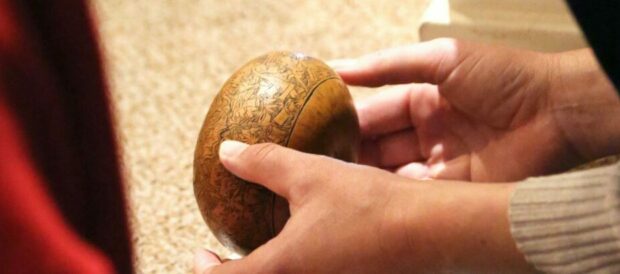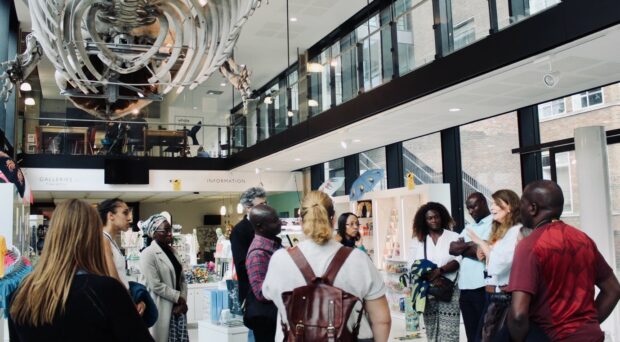We stand in solidarity with Black Lives Matter, with our Black friends, colleagues and visitors. As museums, we haven’t always been there. We should provide respectful spaces for everyone to be heard, share learning, and enjoy.
But our collections were founded on and exist within unequal power structures. Without addressing this, we will continue to entrench that inequality.
As our Vice-Chancellor said yesterday, ‘Enough. This must change and we are committed to being part of that change.’
In this post, we share some of the practical measures the University of Cambridge Museums (UCM) are taking to honour that commitment to change. All the measures below are fully embedded within our policies and action plans, ensuring there is a clear road forward – even though there is still far to travel.
Due to museum closures, in this moment as a museum community we are focusing on supporting each other and ensuring that none of our colleagues are isolated, as we witness the situation in the wider world from the strange place of being away from our collections. The UCM’s Change Makers Staff Network champions diversity and is playing a crucial role at the moment, helping to share and develop our knowledge, as well as standing in solidarity.
Understanding the scale of the challenge
Within the museums, in the last two years we have worked to get to grips with the scale of the challenge in a way that means we can measure our progress. This has included better audience data so we can understand who and who is not visiting, better HR monitoring, so we can track the impact of inequality on the workforce, and experiments in opening our collections to external scrutiny. It has confirmed the scale of the challenge we already knew was there, but we are now able to set and measure concrete targets.
Black, Asian and Minority Ethnic (BAME) staff are underrepresented at all levels of the University, from student to senior management. Only 5% of the museum workforce is BAME. Black and Black British people are underrepresented within our audiences, at 1% compared to a regional average of 2% and national average of 3%. (2019/20 UCM audience data; regional and national averages drawn from the 2011 census and likely to be higher now). This isn’t good enough.
The University has committed to Advance HE’s Race Equality Charter, receiving a Bronze Award in November 2019. Targets for 2019-2022 are set out in the Race Equality Action Plan. This includes an Inquiry into the Legacies of Enslavement across the University, announced last year.
Confronting difficult histories
We firmly believe that interrogating and exposing our difficult histories is critical to becoming more open and inclusive organisations to visit and work for. Without this work we will continue to be part of the problem.
But we are not – and cannot be – the best interpreters of our collections for all audiences. In 2018 we scratched the surface with our first Museum Remix workshop, devised to challenge histories: histories of exploitation, colonialism and systematic power imbalances. Participants in the 2019 Museum Remix workshop explored LGBTQ+ (lesbian, gay, bisexual, transgender, queer) stories behind five University collections. Inspired by the UCM’s Bridging Binaries tours, they produced a pop-up exhibition, giving voice to stories previously silenced by prejudice or historical disinterest.
We are hugely grateful to all who took part in Museum Remix, for their time, energy, and courage in helping us along.
We’re responding to the University’s inquiry into the Legacies of Enslavement and plan to open up conversation about this through a year of public programming. We’ve already begun scoping the collections in preparation. The programme will only be the beginning, and will help us change the narrative we tell in our permanent collections and displays.
Colonial era objects
Related to this is a focus on transparency when it comes to the objects we hold in our collections. The UCM collections range widely by period and region and include natural history objects, works of art, archaeological and ethnographic artefacts, photographs, archival documents, books and scientific instruments. Some museum objects were acquired in a manner that was not considered legitimate and inappropriate at the time, or would not be considered legitimate or appropriate today. The UCM is supportive of research into the histories of the collections, and will engage with claimants and potential claimants in an open and respectful way. Our approach to the return of objects is set out on our website at: http://www.museums.cam.ac.uk/returns.
There is a long way for us to go. We are absolutely committed to going the distance.

